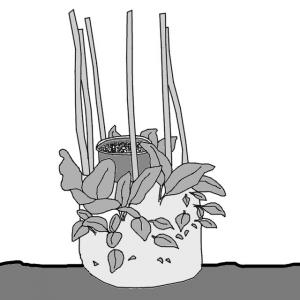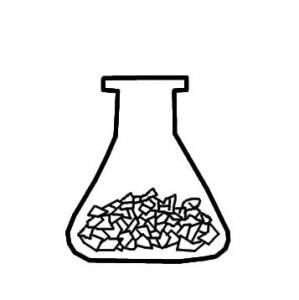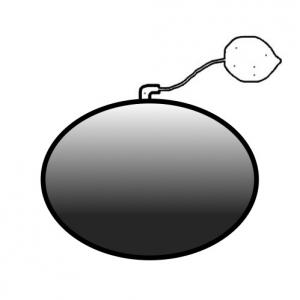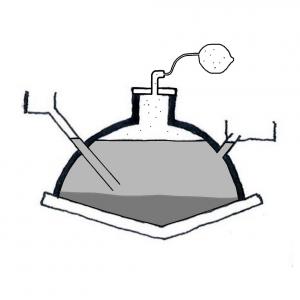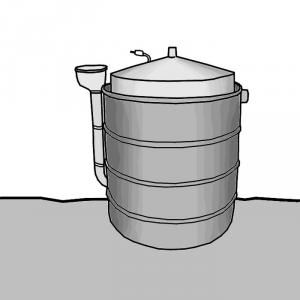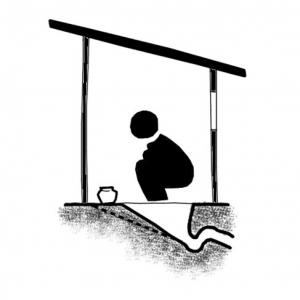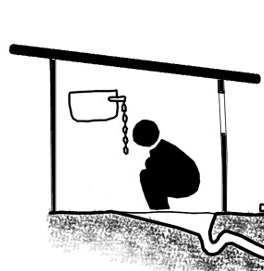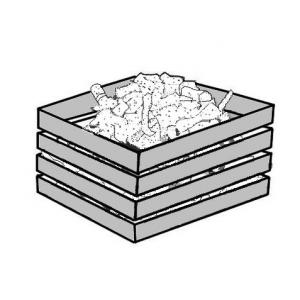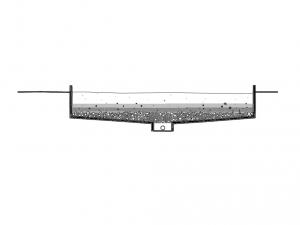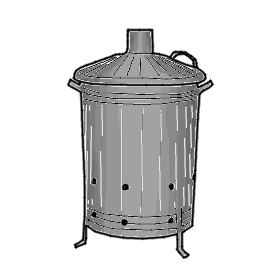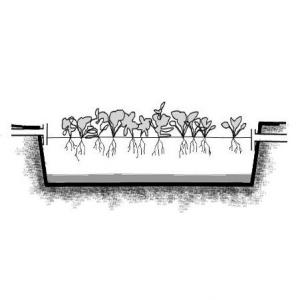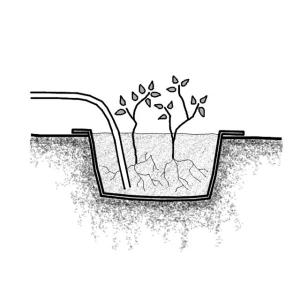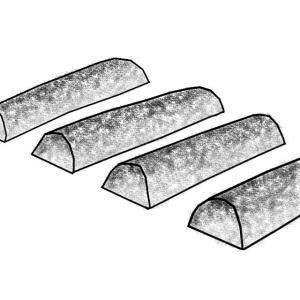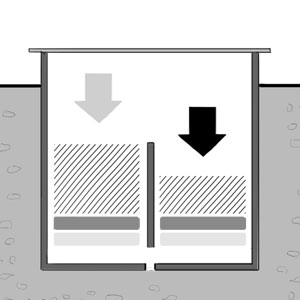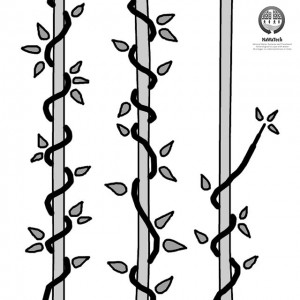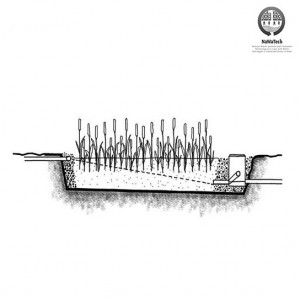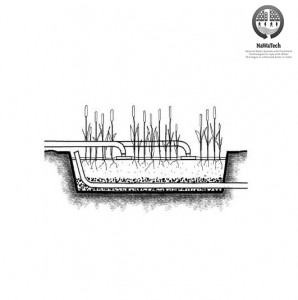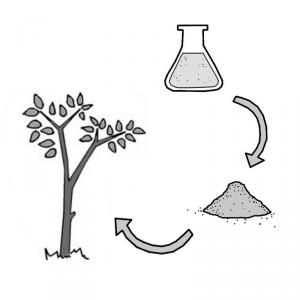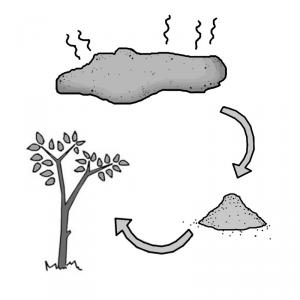Module 3: Ecological Sanitation and Natural Systems for Wastewater Treatment
Ecological engineering for wastewater treatment or ecological sanitation (ecosan) implies that principles of ecology are applied to design and implementation of wastewater treatment systems (see aso sustainable sanitation, linking up sustainable sanitation water management and agriculture). In nature, everything operates in cycles (see also the water cycle and the nutrient cycle). For wastewater treatment, reuse and recycling therefore become important issues when ecological thinking is applied. Minimising the reliance on fossil fuels is another criteria, which may influence design and selection of system type. Ecological thinking also means tailoring the wastewater treatment system to local contexts including natural, economic, social, and/or religious conditions (see also module 7: socioeconomic aspects and economic, socio-cultural issues and development issues). Ecological sanitation is not fixed to any one system, but emphasizes the need for a holistic systems approach based on ecological thinking in order to design sustainable treatment systems (see also linking up sustainable sanitation with water management and agriculture and sanitation systems).
Recycling may be facilitated if the wastewater is source separated into blackwater (toilet waste – urine and faeces) and greywater (water from showers, sinks, kitchen) because the majority of resources (plant nutrients as nitrogen, phosphorus, potassium and organic matter) in wastewater are present in our excreta. Hygienising excreta opens interesting possibilities for co-treatment with other organic waste from households and/or agriculture, and the generation of bioenergy.
The simplest natural systems (ponds, wetlands, soil infiltration, see also soak pits and nonplanted filters) can operate by gravity alone and may not need mechanical devices; hence, they are often favoured because of low energy requirements. Ecological sanitation is therefore often associated with natural systems and systems that utilize source separation (i.e. urine diversion, such as urine diversion flush toilet, UDDTs) in order to reclaim and recycle resources in wastewater as plant nutrients, organic matter and water. The main focus of wastewater research at UMB is connected to natural and source separating recycling systems.
Conventional sanitary systems (centralized collection system and technically complex treatment processes) can produce a better ecological result by optimising resource gains and minimising resource use. Energy can be obtained from wastewater through the use of heat pumps and biogas generation from sludge (see also energy from sludge). When optimised in this way, conventional systems are not necessarily ecologically inferior solutions.
It is unlikely that one single system can solve all future sewerage problems. Large investments have been made in conventional sewage systems which will be in operation for decades, but conventional systems will evolve as the principles of ecological thinking are communicated to the engineering society. Totally new systems, as well as hybrid or combination systems, will appear. Schools that teach ecological engineering and consultants and companies that implement ecological engineering will have advantages in the market because they can offer a broader range of solutions, solutions that more easily fulfil local requirements. A variety of systems are needed to meet the natural constraints of different regions, differing legislations, different sociological conditions, different budgets, health considerations and personal needs and preferences (see also module 7: socioeconomic aspects). This module gives an overview of source separating and natural systems.
- Hardware
- Software
- Sections
- Course Material
- Further Resources: Wastewater Treatment
- Further Resources: Reuse and Recharge
- Further Resources: SSWM Concept
- Further Resources: SSWM Background











